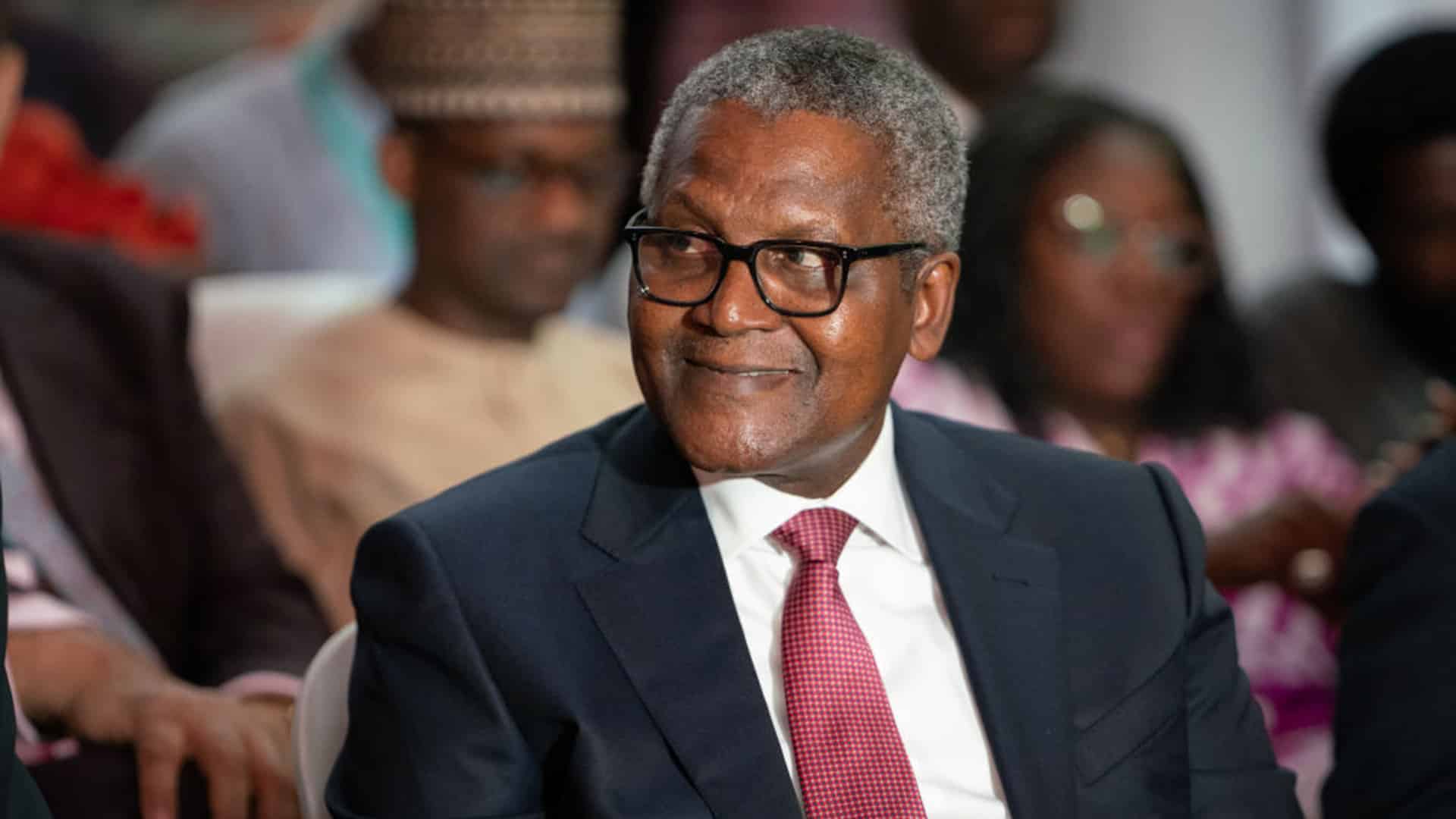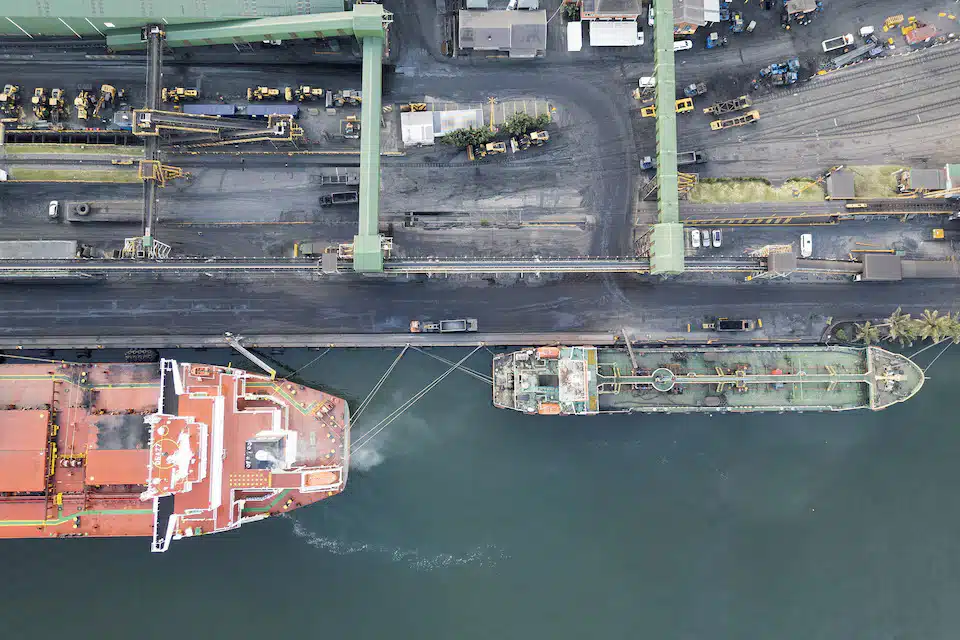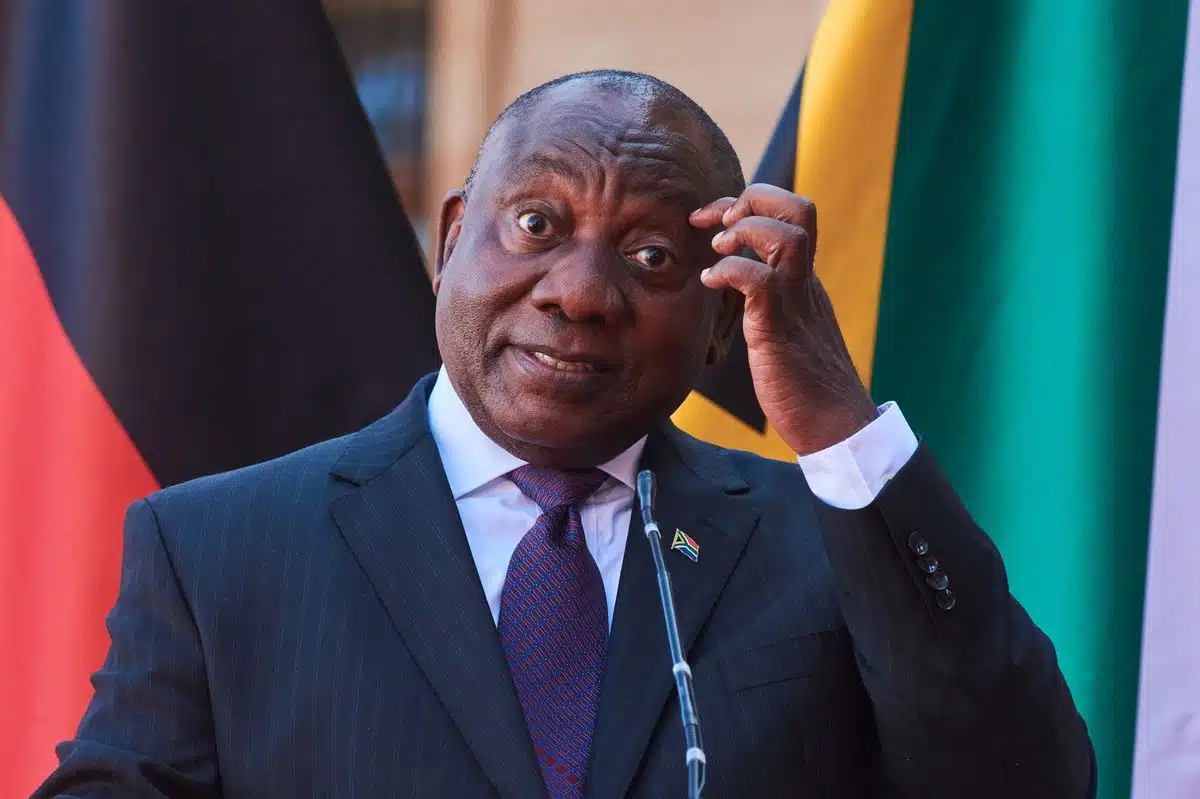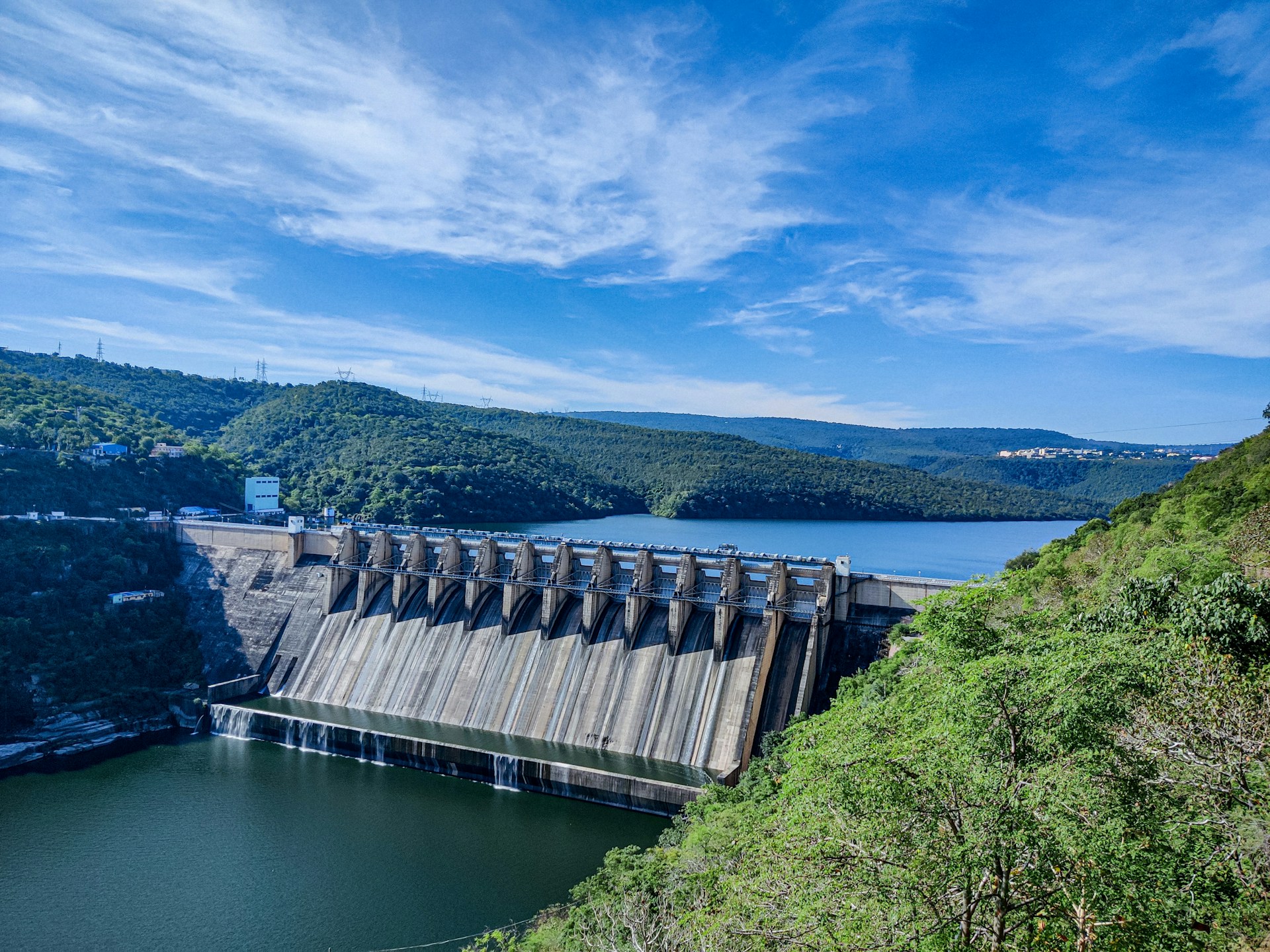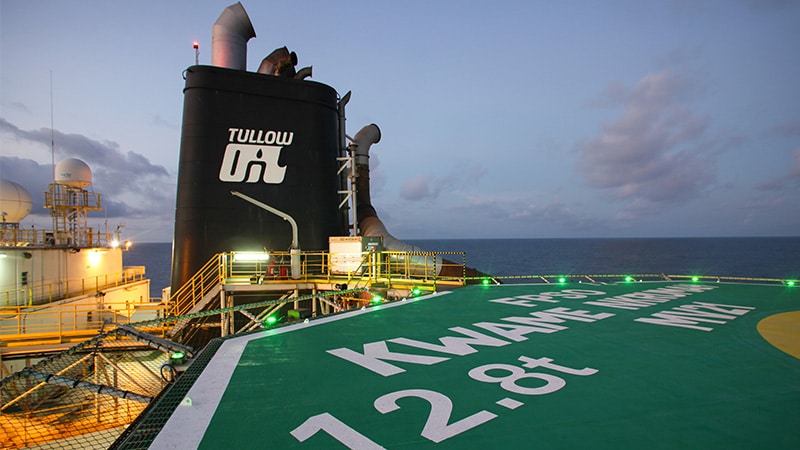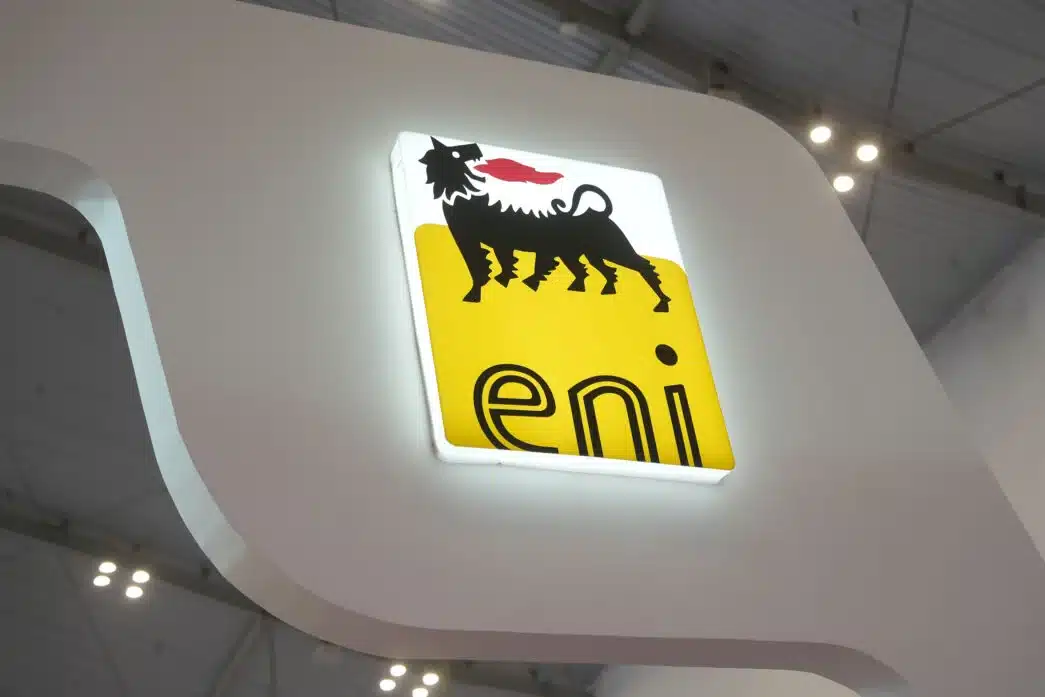Africa’s richest man, Aliko Dangote has called on African countries, including Zambia, to harness coal for power generation rather than focusing on renewable energy sources such as solar and wind.
Speaking during a meeting with Zambian President, Hakainde Hichilema, Dangote said that coal is a practical resource Africa can exploit to stimulate economic growth and industrialization.
He further stressed that energy availability is crucial for development, noting that without power, economic growth is impossible.
“You have coal. And I think you should actually use what God has given to you, to generate, don’t go for the green one that they are talking about, which is solar or wind, because you have the coal.
“Without power there is no growth. No growth without power anywhere. And then when you have power, you will actually unleash growth in the country,” he said.
Dangote explained the immediate benefits of coal-based power, contrasting it with sectors like education where results take years to materialize.
He added that the UK recently reopened an old coal mine, and Germany increased coal imports from South Africa in the last two years to meet energy demands.
Zambia’s coal capacity and energy projects
According to the Draft Strategic Environmental Assessment (SEA) of the Energy Sector in Zambia, the country’s coal reserves are estimated at 30 million tons, enough to supply Zambia for roughly 160 years at current consumption levels.
The report notes that 12 coal energy projects, led by the private sector, are under consideration, with a combined potential capacity exceeding 5,000 MW.
Of these, four projects are active and awaiting approval, which could add 1,170 MW to the national grid.
The SEA report emphasized the role these projects could play in expanding domestic power generation, reducing reliance on electricity imports, and supporting industrialization.
Why this matters
Zambia continues to face a significant energy deficit. To prioritize local consumption, ZESCO planned to reduce electricity exports to 106 MW by October 1, 2025, while spending up to $25 million monthly on imports to ease supply shortages.
Collins Mumba, ZESCO Senior Manager for Power Trading and Management, said the reduction was necessary to protect citizens from further blackouts.
He added that without imports from regional sources, the energy deficit would be much worse, putting additional pressure on the country’s foreign reserves amid low hydro output and inflation.
Meanwhile, Aliko Dangote pointed to Zambia’s domestic coal reserves as a potential solution for increasing power supply and supporting economic growth.

